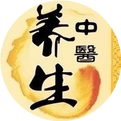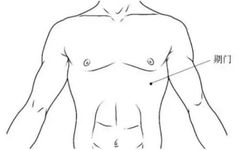Spleen and Stomach Yang Deficiency and Dietary Recommendations
Spleen and Stomach Yang Deficiency (Pí Wèi Xū Hán) is a term in Traditional Chinese Medicine (TCM) that refers to the deficiency of Yang Qi in the spleen and stomach, characterized by the presence of internal cold. This condition includes both Spleen Yang Deficiency and Stomach Yang Deficiency, often caused by dietary imbalance, excessive consumption … Read more









